News & Updates
31 January 2018
Mobile phones are improving healthcare for isolated Vietnamese communities
Mobile phones are bringing crucial health information to isolated ethnic minority women in Vietnam. Vietnamese ethnic minority women often lack access to mainstream maternal and childcare services due to geography, language, education and poverty; causing them to experience much higher mortality rates than the majority Kinh population. Vietnam’s Institute of...
read more30 January 2018
Mobile phones are improving healthcare for isolated Vietnamese communities
Mobile phones are bringing crucial health information to isolated ethnic minority women in Vietnam. Vietnamese ethnic minority women often lack access to mainstream maternal and childcare services due to geography, language, education and poverty; causing them to experience much higher mortality rates than the majority Kinh population. Vietnam’s Institute of...
read more12 January 2018
India and Southeast Asian nations commit to climate smart agriculture
“The journey ahead offers limitless opportunities” India’s agriculture minister said yesterday at a summit in New Dehli. Mr. Radha Mohan Singh was bringing to a close the fourth ministerial meeting between India and the ASEAN union of Southeast Asian countries. The meeting, which focussed on agriculture and forestry, concluded with...
read more29 November 2017
Typhoon Damrey Takes Over Southern Vietnam
Typhoon Damrey, which hit on November 4th, has affected at least one million children over the central region of Vietnam, says the United Nations Children’s Fund (UNICEF). Over 80,000 homes and 250,000 hectares of farmland have been destroyed. Vietnam’s coastline is frequently victim to tropical thunderstorms however Damrey is being...
read more25 October 2017
Linking Digital Finance and Rural Finance
Myint Kyaw from LIFT was a panelist at Aid and Development Summit Asia. LIFT was honored to participate in Aid and Development Summit Asia held in Nay Pyi Taw in Myanmar on 14 and 15 June. More than 200 people from the Government, UN Agencies, local and international NGOs, local...
read more08 June 2017
Humanitarian leaders to gather at Aid & Development Asia Summit next week
More than 250 high-profile representatives from NGOs, businesses, government and UN organisations are set to convene at the Aid & Development Asia Summit in Nay Pyi Taw next week to exchange innovative and sustainable solutions for improving aid delivery and development strategy in Southeast Asia. Hosted on the 14th and...
read more07 June 2017
After Sale Service, a Key Ingredient in the Support of Health Programs
Early 1998 when Okkar Thiri started operation in Myanmar it was obvious that in spite of a possible sourcing of cheap Indian or Chinese equipment, hospitals and laboratories suffered from a trading mentality of existing suppliers and a total lack of after sales service support. Considering the low budget Ministry...
read more30 May 2017
Engaging Consumers and Communities in Providing Clean Water
Per the World Health Organization (WHO)/ UNICEF, 663 million people lack access to an improved water source. WHO also reports that 1,000 children are dying each day due to diseases caused by contaminated drinking water. This is unfortunately the case in an emerging country such as Indonesia. In rural areas...
read more26 May 2017
17 Million People Worldwide Suffer From Food Insecurity
In 2016, 108 million people suffered “Emergency” levels of food insecurity, a 35 percent increase compared to the previous year. Earlier this month, the Food and Agriculture Organization of the United Nations (FAO) released the 2017 Global Report on Food Crises, which highlights the highest number of food insecure people...
read more19 May 2017
[Infographics] Meeting Education SDGs in Myanmar
Public spending on education has risen by 49% in Myanmar since 2012. However, only half of school-age children complete their education. In the Philippines the percentage of children in primary education drops to 33%, according to the Aid and International Development Forum (AIDF) infographic on education and infrastructure resilience in...
read more11 May 2017
Promoting Accountability in Foreign Assistance through Biometrics
Article by Benjamin Ball, Government Market Director, Crossmatch Biometrics in Assistance Biometrics – the use of physical characteristics to identify individuals – offer a powerful tool for accountability in assistance operations. Once confined to law enforcement and border control applications, biometrics are now widely used for a variety of use...
read more11 May 2017
Call for Apps Supporting Aid & Development in Southeast Asia
The Aid and International Development Forum is once again on the lookout for mobile applications that encourage and support humanitarian aid and development in Southeast Asia. The shortlisted apps will be showcased at the “Planet of the Apps” on 14-15 June during the 3rd annual Aid & Development Asia Summit,...
read more26 April 2017
[Infographic] Agriculture, Food Security and Nutrition in Southeast Asia
Agriculture in Southeast Asia is predominantly small-scale yet is a major source of livelihood. According to the AIDF infographic, agriculture accounts for 80% of jobs in Laos, in Bangladesh and Vietnam the figure is approximately 47%. Between 25% and 35% of Myanmar’s GDP is provided by agriculture, which also accounts...
read more24 April 2017
Role of immunisation in sustainable development and health resilience
Marked on 24-30 April 2017, World Immunisation Week raises awareness about the importance of vaccines in protecting people against disease and the role of immunization in achieving the 2030 Sustainable Development Goals. This year is also represents half of the way through the Global Vaccine Action Plan (GVAP), which aims...
read more07 April 2017
World Health Day
The World Health Day, marked on 7th April, highlights the importance of ensuring health and well-being for everyone, at every stage of life. Despite significant progress made over the last decade to meet health related targets, 130 million people (21% of population) in South-East Asia (SEA) do not have access...
read more05 April 2017
Humanitarian Response and Donor Funding in Myanmar
An estimated $150 million is required to meet the needs of half a million people in Myanmar throughout the year, as identified by the United Nations Humanitarian Response Plan 2017. The requested funding is down from $189.5 million in 2016, which was needed to support one million people, illustrates the...
read more28 March 2017
[Infographics] Disasters and Migration in Southeast Asia
The latest Aid and International Development Forum (AIDF) infographics explores the causes and impact of disasters in Southeast Asia. There were 574 disasters reported around the globe and around 108 million people have been affected. The vast majority (92%) of natural disasters are due to global warming. Out of 65.3...
read more22 March 2017
World Water Day: Improving Health & Livelihoods
World Water Day is marked on 22 March every year to emphasise the importance of freshwater and sanitation in transforming societies and economies while improving livelihoods. Considering that 1.8 billion people use a source of drinking water contaminated with faeces, the theme this year is wastewater. Inadequate sanitation, poor hygiene...
read more20 March 2017
Access to energy to pave the way for Myanmar’s development
According to the recent AIDF infographic on infrastructure resilience and access to energy in Southeast Asia, nearly 2 out of 10 people do not have access to electricity in the region. The lowest access to energy across the Southeast Asia region is in Myanmar, where almost 69% of people live...
read more10 March 2017
[Infographic] Infrastructure resilience & ICT development in Southeast Asia
The Aid & International Development Forum (AIDF) has released an infographic that explores infrastructure resilience and access to services in Southeast Asia, with a particular focus on Myanmar. The global infrastructure gap is a pressing issue. According to the Asian Development Bank, $26 trillion is required by 2030 to resolve...
read more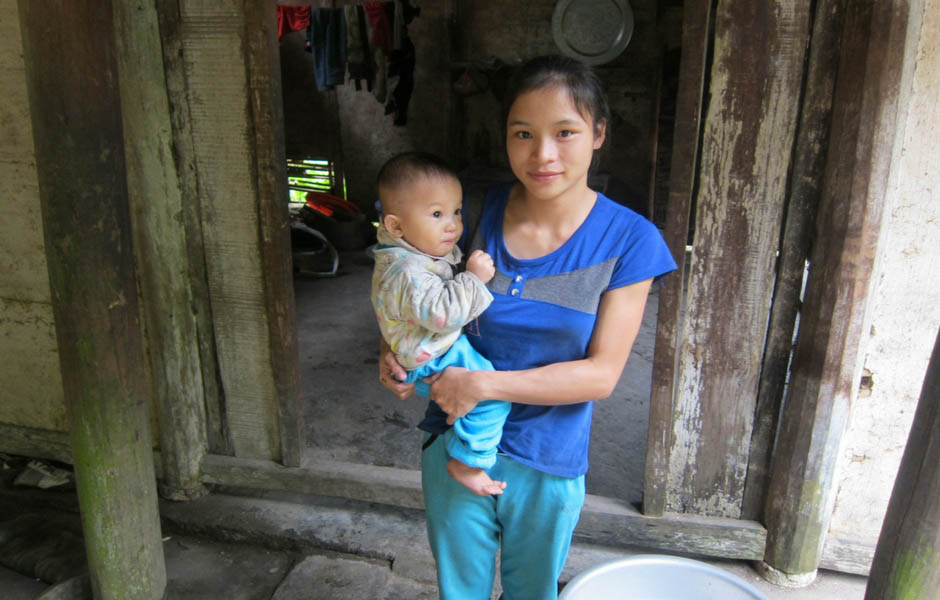
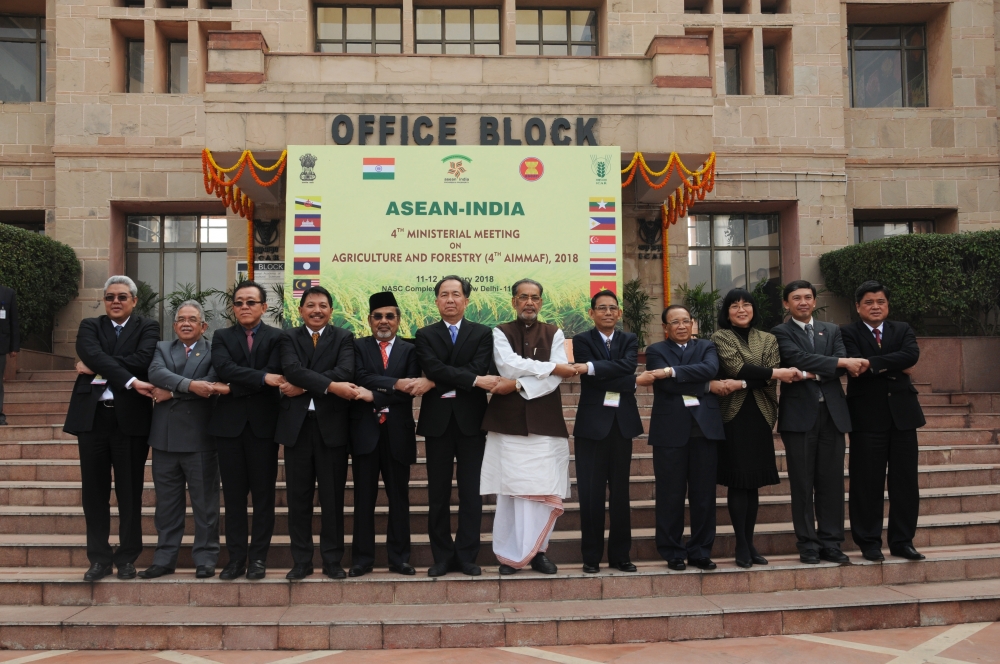
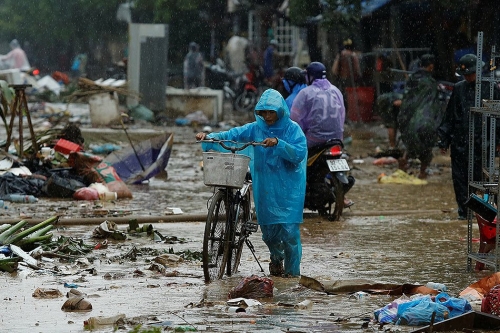
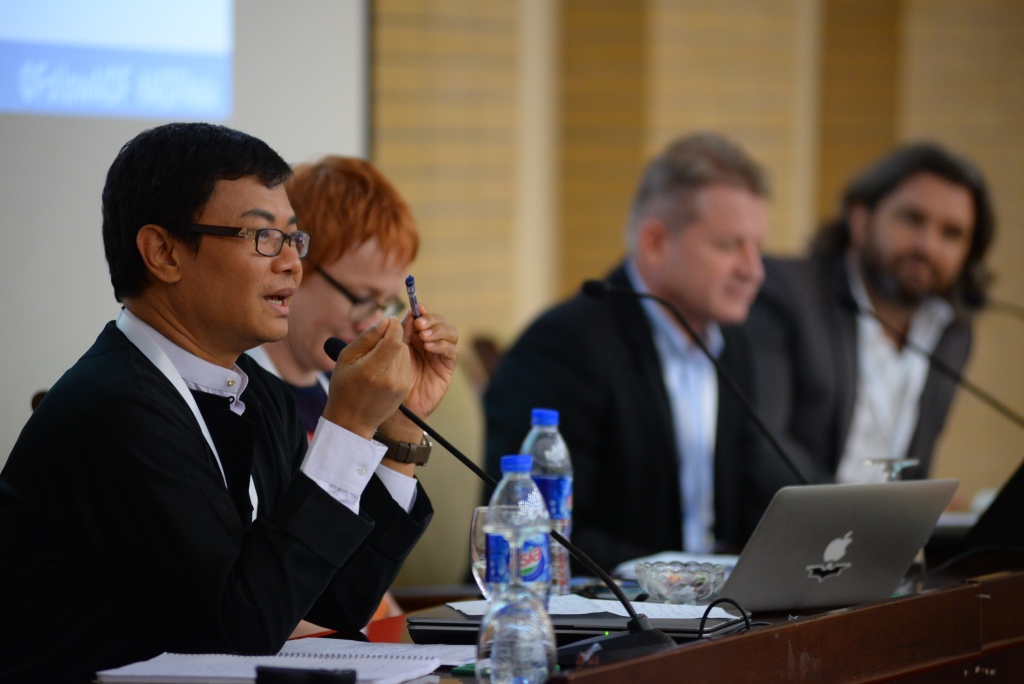
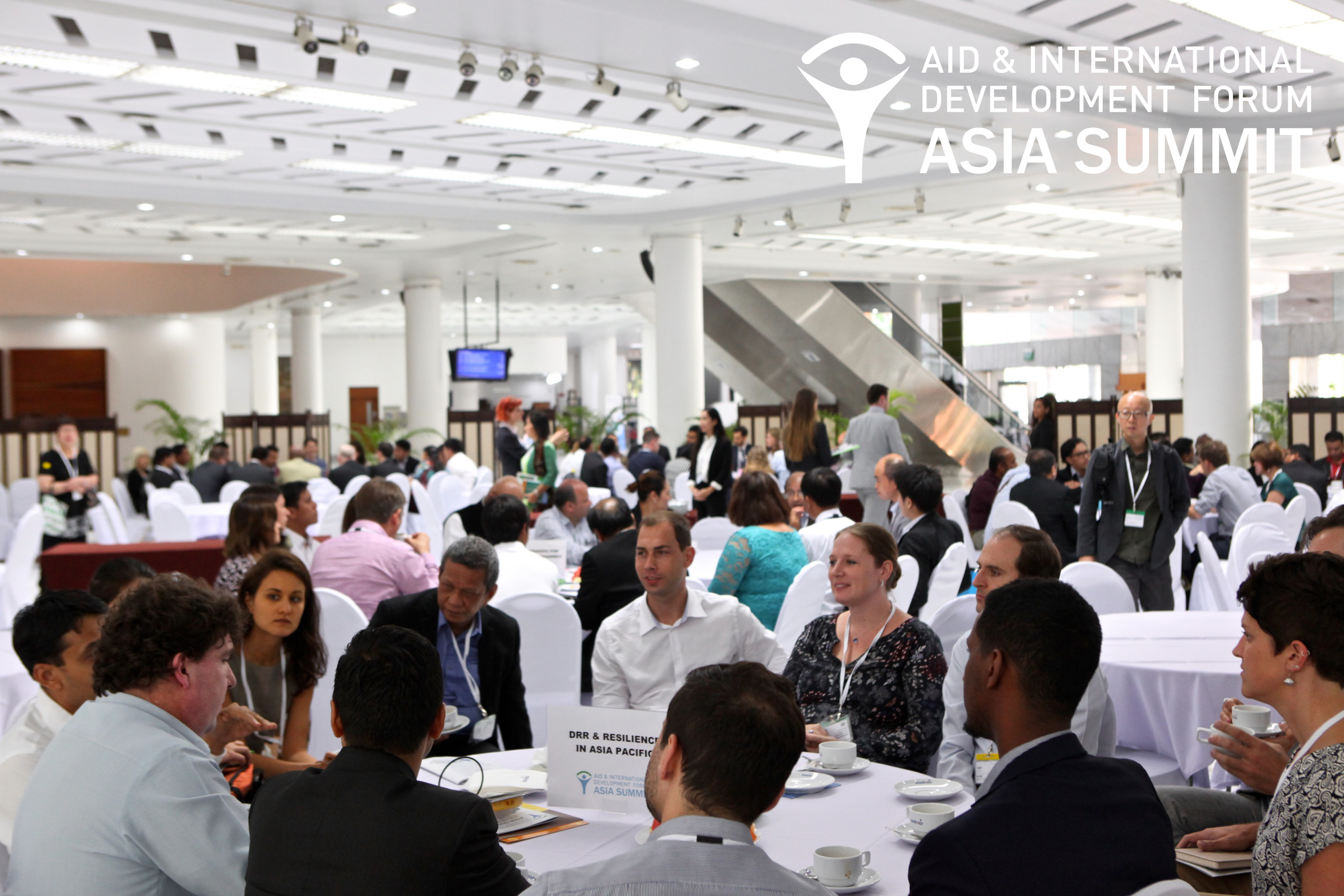
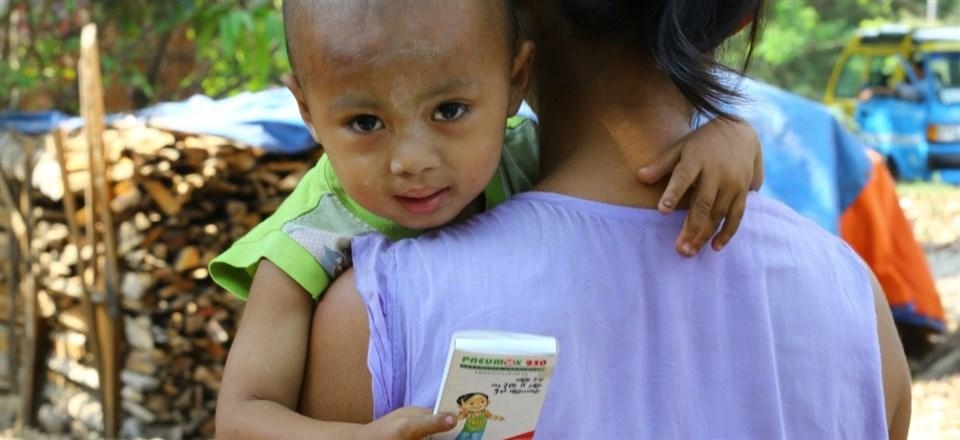
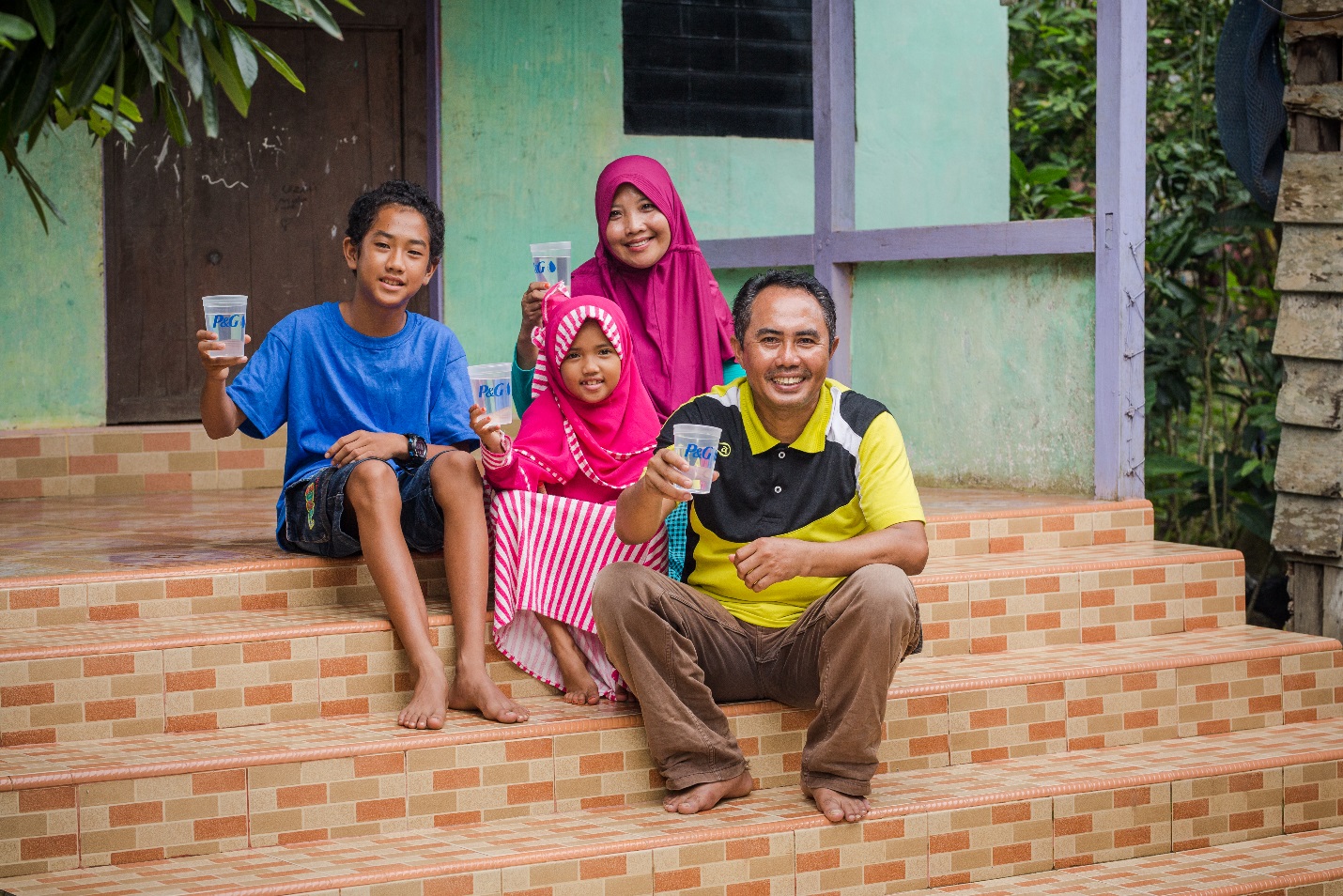
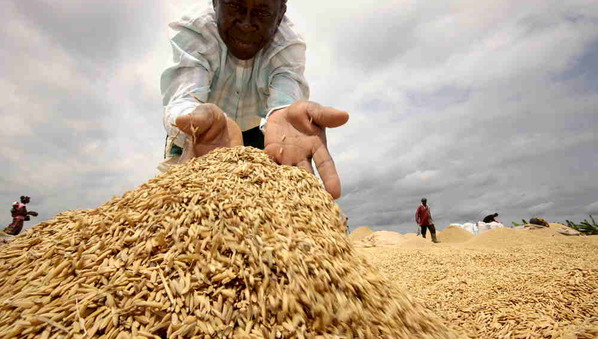
![[Infographics] Meeting Education SDGs in Myanmar](http://asia.aidforum.org/images/news/AIDF_Asia_-_Infrastructure_in_Asia_-_education.jpg)
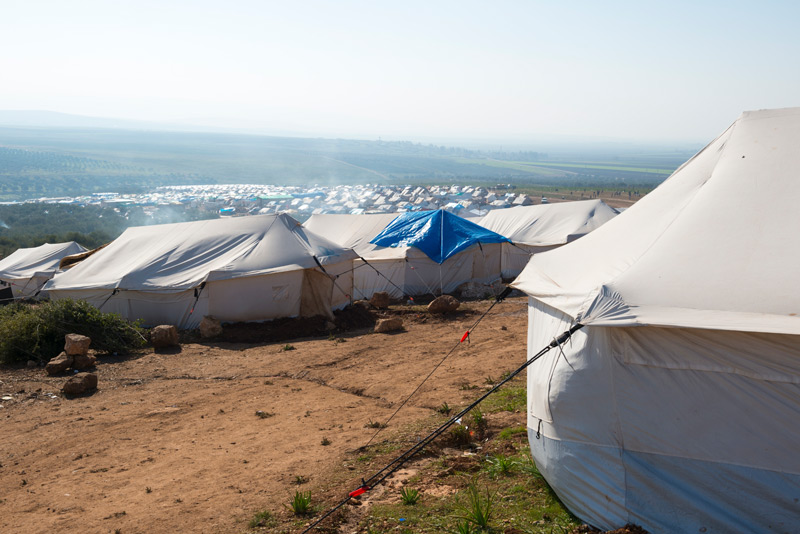
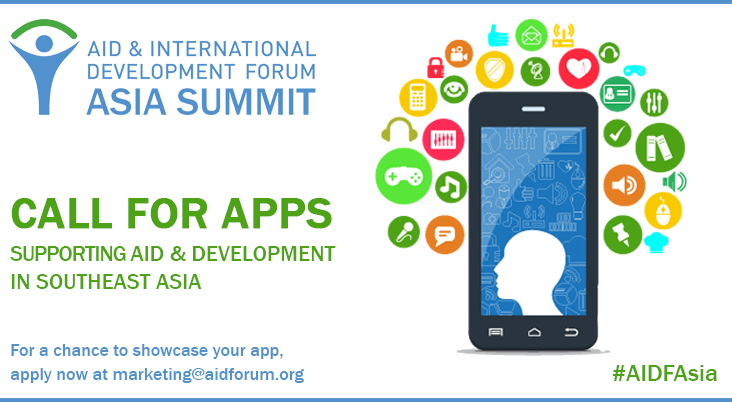
![[Infographic] Agriculture, Food Security and Nutrition in Southeast Asia](http://asia.aidforum.org/images/news/morning-market-2140892_960_720.jpg)
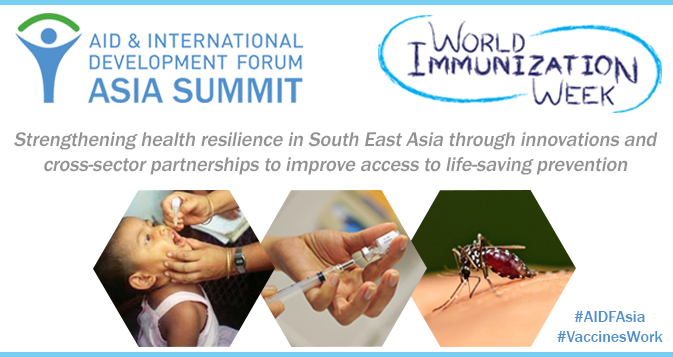
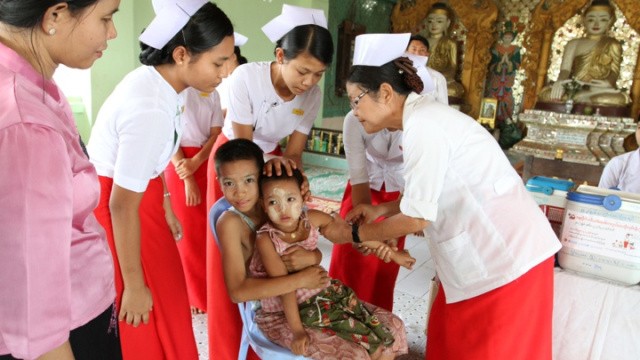
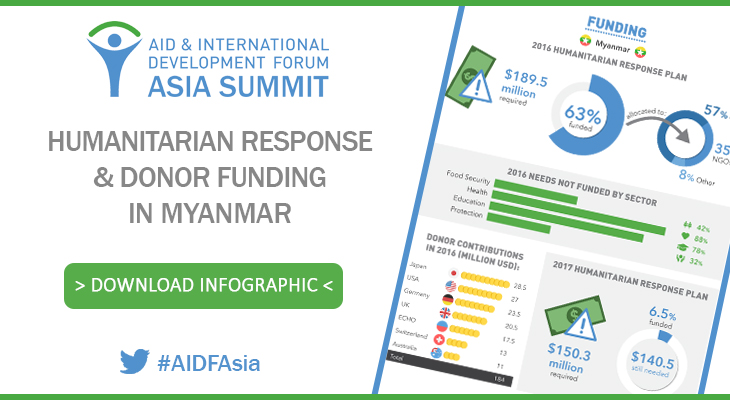
![[Infographics] Disasters and Migration in Southeast Asia](http://asia.aidforum.org/images/news/AIDF_Asia_-_Infrastructure_in_Asia_disasters_and_migration.jpg)
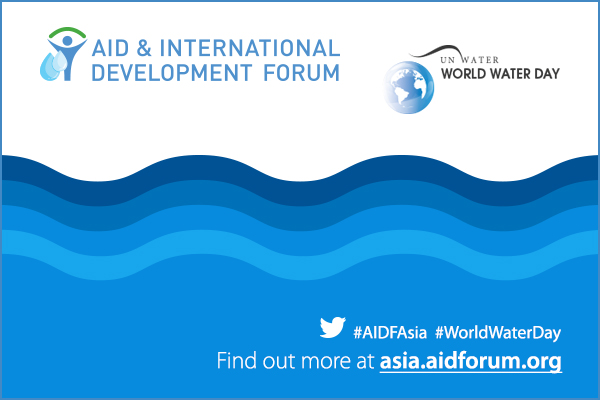

![[Infographic] Infrastructure resilience & ICT development in Southeast Asia](http://asia.aidforum.org/images/news/AIDF_Asia_-_Infrastructure_in_Asia.jpg)